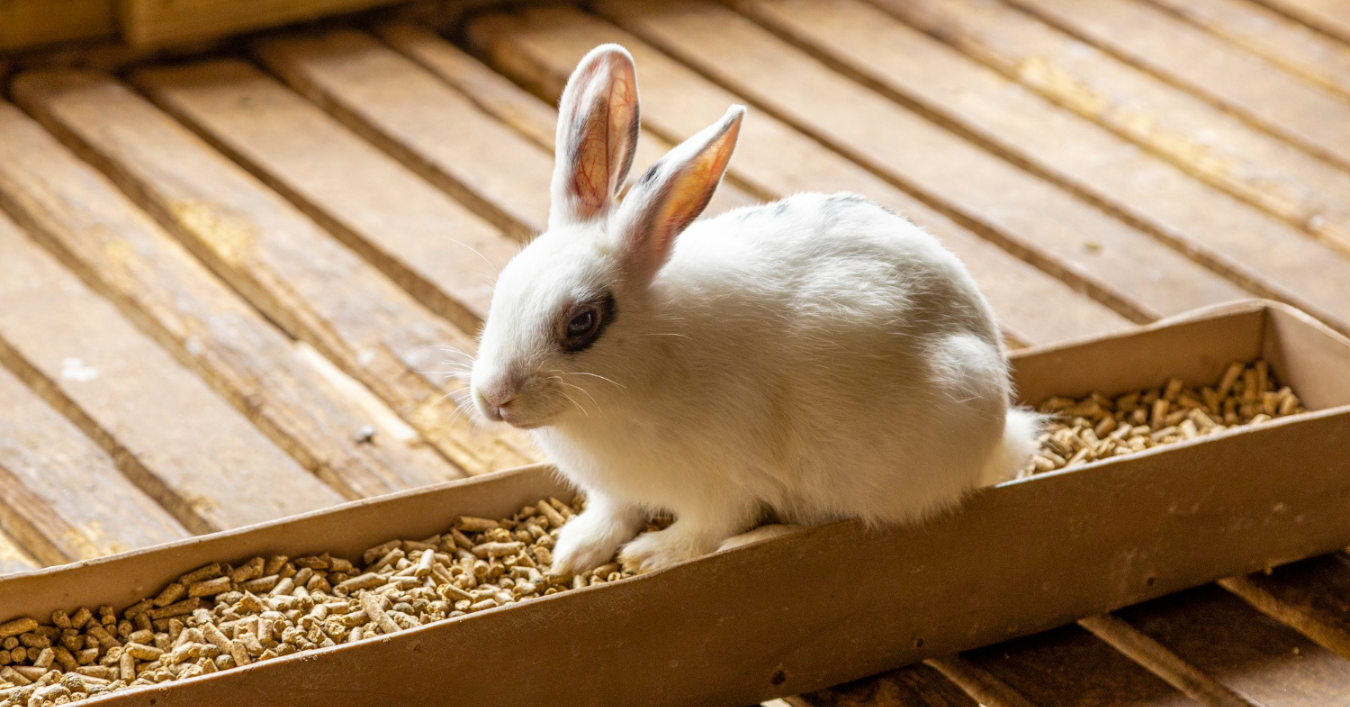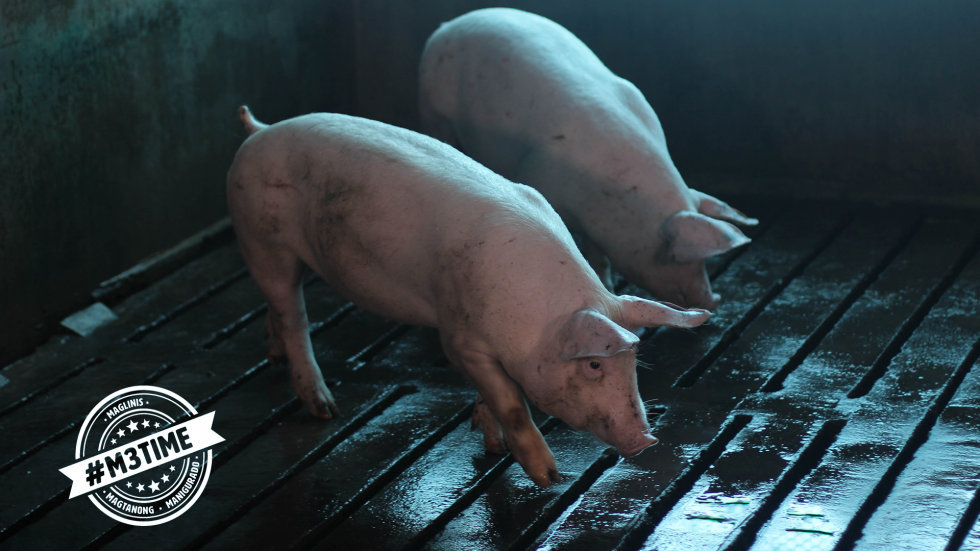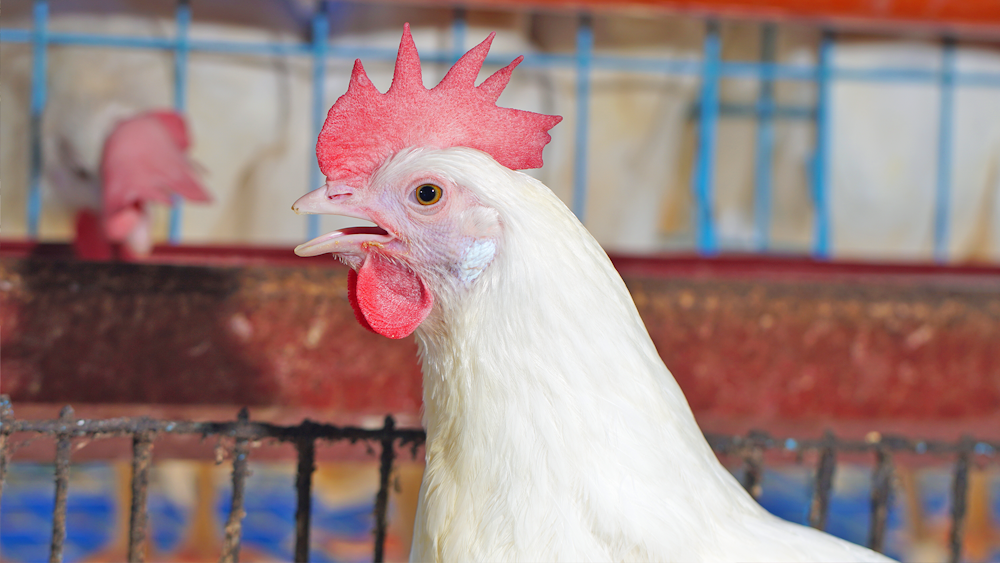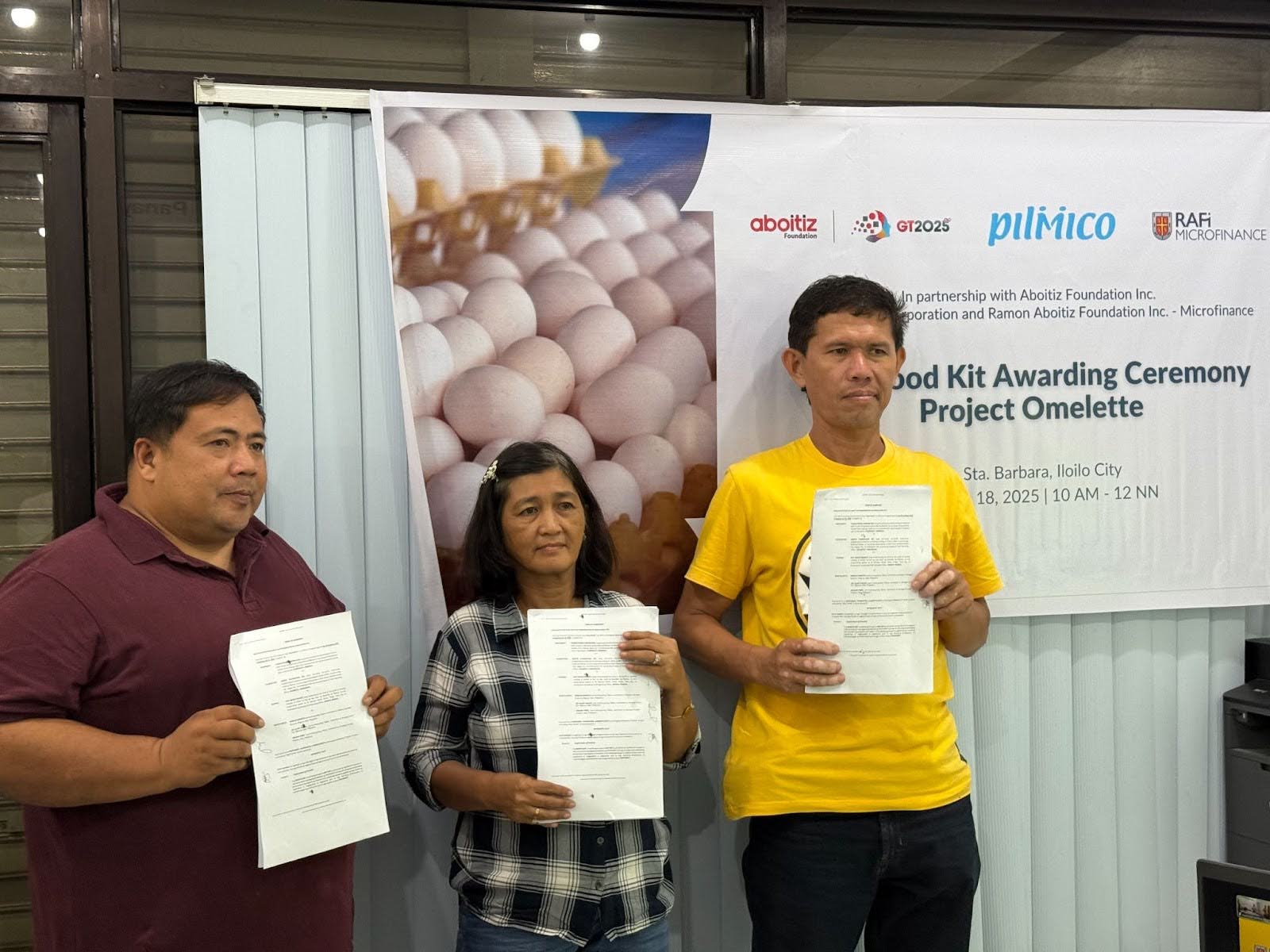
Unlocking the Health Benefits of Rabbit Meat: A Nutrient-Rich Alternative
In a world where dietary choices are increasingly scrutinized, many are seeking healthier and sustainable alternatives to conventional meats. Introducing rabbit meat, a protein source gaining recognition for its nutritional benefits and versatility.
This article explores the reasons why rabbit meat is a compelling alternative, delves into its acceptance in the Philippines, examines the state of rabbit farming in the country, and provides insights for those considering starting their own rabbit farm.
Rabbit Meat Benefits: A Nutrient Powerhouse
At the forefront of the alternative meat movement, rabbit meat offers a plethora of health benefits. High in protein, low in fat, and rich in essential vitamins and minerals, cooked rabbit provides a nutritious option for those looking to diversify their protein sources.
The health benefits of rabbit meat include improved cardiovascular health, increased metabolism, and support for muscle development.
Moreover, rabbit meat is an excellent source of B vitamins, such as B12 and niacin, crucial for energy production and overall well-being.
Filipinos Embracing Rabbit Meat as a Healthy Option
As dietary preferences evolve, Filipinos are increasingly accepting rabbit meat as a healthy and sustainable alternative. The lean nature of rabbit meat aligns with the growing emphasis on clean eating and health-conscious choices.
Restaurants and culinary enthusiasts are incorporating rabbit into various dishes, showcasing its versatility and unique flavor profile. The rising awareness of the health benefits of rabbit meat is contributing to its acceptance as a mainstream protein source.
Rabbit Farming in the Philippines: A Growing Industry
The Philippines has witnessed a notable rise in rabbit farming, reflecting the increased demand for this lean protein source. Rabbit farming is a viable option due to its rapid reproduction rate and efficient feed-to-meat conversion.
Entrepreneurs in the Philippines are recognizing the economic potential of rabbit farming, contributing to the growth of this industry.
The sustainable and eco-friendly nature of rabbit farming further aligns with the country’s commitment to responsible agriculture.
Considerations for Starting a Rabbit Farm
For those contemplating entering the world of rabbit farming, several key considerations must be taken into account. Adequate space, proper housing, and a well-balanced diet are crucial for the health and well-being of rabbits.
Understanding the breeding patterns and ensuring a hygienic environment is essential for successful rabbit farming ventures.
Prospective farmers should also explore market demand, developing a business plan to navigate the intricacies of the industry.
In conclusion, rabbit meat stands out as a healthier alternative in the realm of protein choices.
With its nutrient-rich profile and increasing popularity, rabbit meat provides an exciting opportunity for both consumers and farmers alike.
The acceptance of rabbit meat in the Philippines and the growing rabbit farming industry underscore the potential of this protein source.
As individuals seek sustainable and nutritious options, rabbit meat emerges as a compelling solution, offering a delicious and health-conscious alternative to traditional meats.
References:
Why You Should Be Eating More Rabbit – Eater
Discovering Rabbit (Oryctolagus cuniculus L.) Farming in Partido, Camarines Sur, Philippines: Raisers’ Perspectives (scirp.org)
How to Start a Rabbit Farm (smallbiztrends.com)
Related Product:
Kunemax Rabbit Feeds



